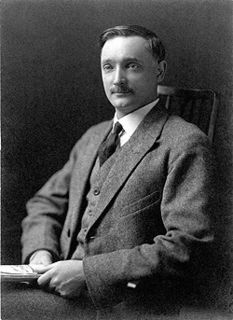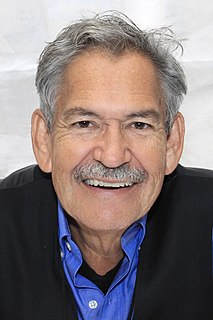A Quote by Lawren Harris
Abstract art is a creative interplay between the conscious and the unconscious, with the conscious mind making all the final decisions and in control throughout.
Related Quotes
I use [Heraclitus' discovery of] enantiodromia for the emergence of the unconscious opposite in the course of time. This characteristic phenomenon practically always occurs when an extreme, onesided tendency dominates conscious life; in time an equally powerful counterposition is built up, which first inhibits the conscious performance and subsequently breaks through the conscious control.
The violent quarrel between the abstractionists and the surrealists seems to me quite unnecessary. All good art has contained both abstract and surrealist elements, just as it has contained both classical and romantic elements - order and surprise, intellect and imagination, conscious and unconscious.
Meditation gives you two things: equanimity and creativity. And it does that by taking one from their conscious mind, where there's all that noise and chaos and so on, into the subconscious mind where there's quiet and where creativity emanates from. You have a mantra, and when you repeat it over and over again, all those thoughts go away because you shift them to that mantra. And then eventually that sound disappears, and then you're left not conscious or unconscious - you're left in this subconscious state, and by opening that up, first of all you get control of it.
The child's mind is not the type of mind we adults possess. If we call our type of mind the conscious type, that of the child is an unconscious mind. Now an unconscious mind does not mean an inferior mind. An unconscious mind can be full of intelligence. One will find this type of intelligence in every being, and every insect has it.
It's a complex thing when you're writing a novel, because so much of it is conscious and planned and deliberate, and so much of it is not, and it has to be a dance between the conscious and the unconscious. I bring my best instincts to my work. For instance - and I come by this naturally, or I think I do - I am a very good judge of character.







































